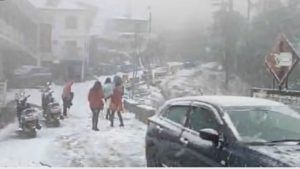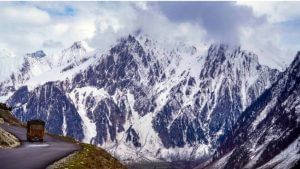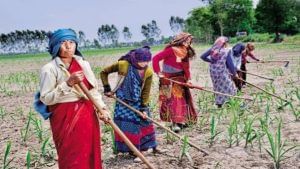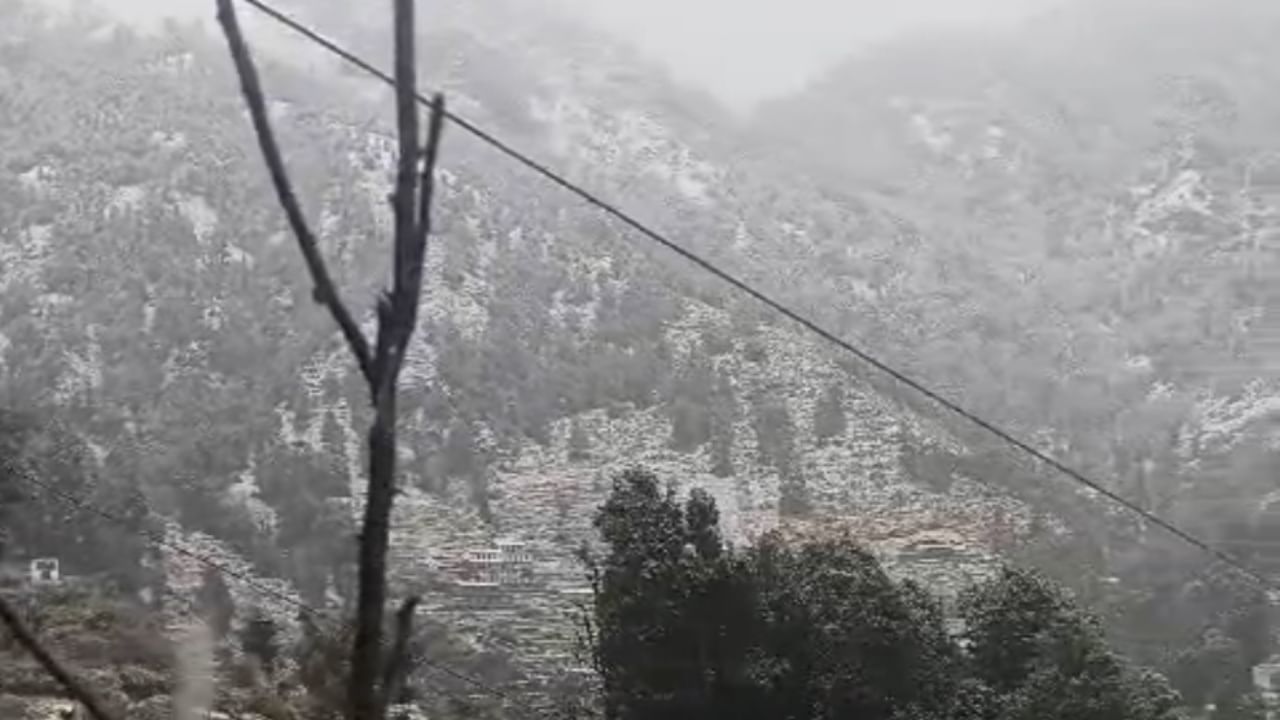Dehradun: Mountainous districts across Uttarakhand are preparing for an unusually long and harsh winter. Meteorologists warn that the La Niña phenomenon will bring heavier snow and prolonged cold, delaying the arrival of spring until March 2026.
According to a report published in Hindustan daily, weather expert A. S. Nain from Pantnagar University said that La Niña effect will begin showing from December in the state. He expects temperatures to drop steadily, leading to “severe cold” across the hills.

Unusual delay in warming may also affect the early phases of spring
The snow that falls will last longer, making the winter season longer than usual. In lower areas and plains, too, the effects will be felt. Meanwhile, fog and cold spells are likely to persist for more days than normal. The unusual delay in warming may also affect the early phases of spring. Days typically mild in March and April could stay colder, affecting crops, flowers, tourism, and daily life.

It could also disturb monsoon patterns in the months ahead
La Niña occurs when sea surface temperatures in the Pacific drop below normal by about 0.5°C. This shift alters air circulation patterns, increasing precipitation and cold spells in northern India, including Uttarakhand. If La Niña strengthens, it could also disturb monsoon patterns in the months ahead.

It may disrupt the normal life in hilly areas
The impact is not just about cold; it could strain local populations and infrastructure. Snow accumulation will make transportation in hill regions difficult. Roads and trails may be blocked for longer stretches, challenging supply lines and mobility. In remote villages, daily life may suffer due to longer isolation and colder days.

Heavy snowfall tends to attract winter tourists and adventure seekers
However, there may be a silver lining for tourism. Heavy snowfall tends to attract winter tourists and adventure seekers. But that benefit depends on safe access to mountain routes and adequate infrastructure. Locals engaged in seasonal tourism, hotels, and transport may see opportunity if conditions are managed well.
Crops that depend on early spring warmth may be delayed or damaged
Farmers and gardeners might also feel stress. Crops that depend on early spring warmth may be delayed or damaged. Seedlings, flowering plants, and fruit trees need a timely thaw — anything delayed might reduce yields. The extended winter reinforces how sensitive mountain ecology and human life are to climatic shifts.

Uttarakhand’s forests, wildlife, and water cycles could also feel strain. Snowmelt timing is critical for rivers in the spring. Delays in melting could alter water availability downstream in the plains. In the face of these challenges, preparation is key.
Authorities and communities must focus on infrastructure maintenance, early warning for avalanches or roadblocks, stockpiling essential supplies, and ensuring connectivity for remote villages. Local governments may need to plan for longer heating needs and increased energy use in cold months.
